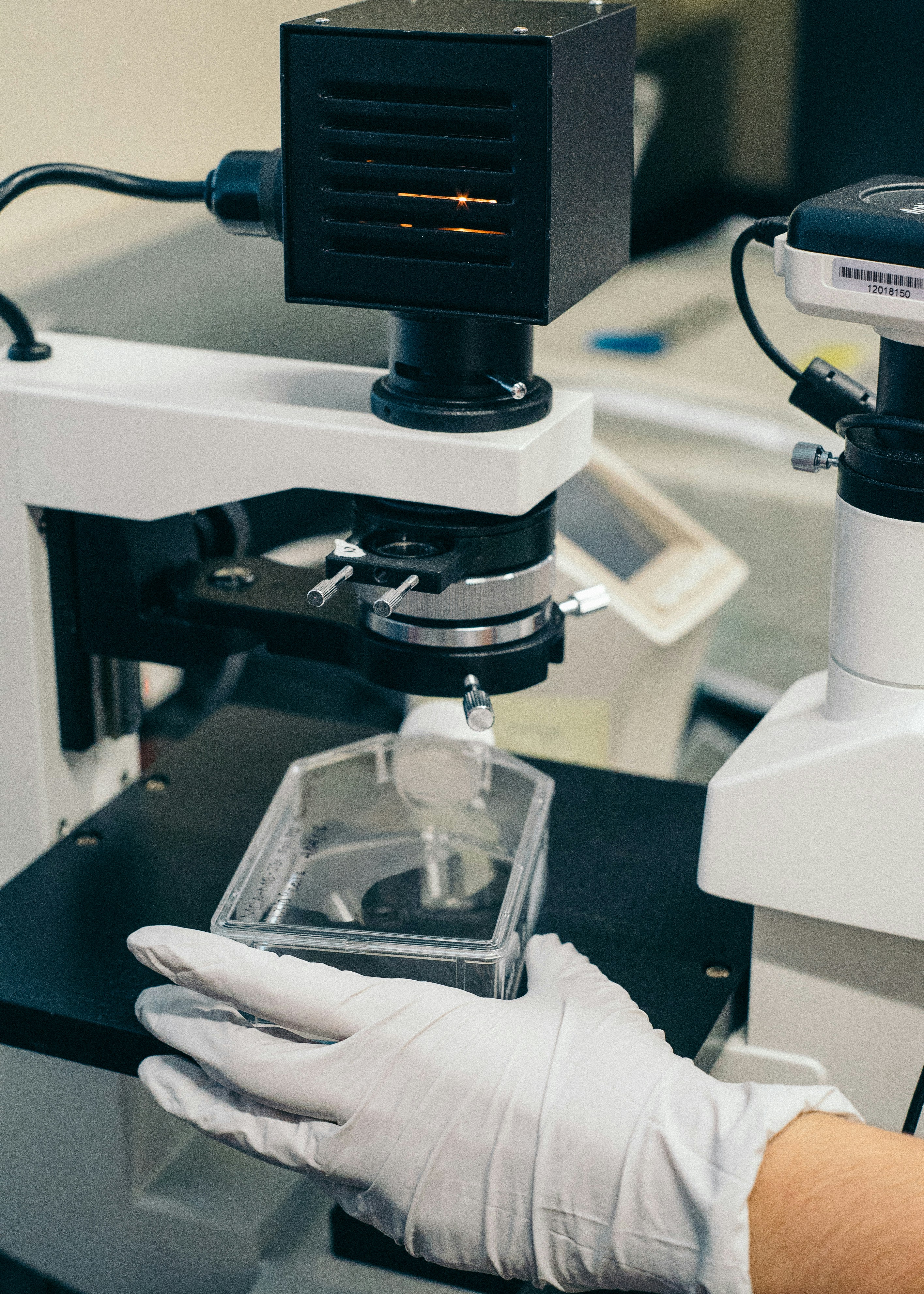Page name
The Race to Be More Sustainable and What It Means for Life Sciences Logistics Hiring

The life sciences sector is under growing scrutiny to reduce its environmental impact and logistics is firmly in the spotlight. According to a recent report by IQVIA, logistics can account for up to 60% of pharmaceutical supply chain emissions, with temperature-controlled packaging and transport among the highest contributors.
This is pushing pharma companies to demand low-carbon solutions from suppliers, and pushing suppliers to rethink how they operate, package, and distribute.
In response, we’re seeing new partnerships form, innovation accelerate, and specialist roles emerge across packaging and logistics to meet these targets head-on.
Here’s what I’m seeing in the market right now.
The Rise of Passive Packaging in Bulk Pharmaceuticals
Temperature-controlled packaging remains the most active hiring area in the sector. Two key technologies dominate:
- Passive packaging – non-powered, insulated containers (commonly used for clinical trials and lower-volume shipments).
- Active packaging – powered containers (often battery operated) for large-scale or long-haul pharmaceutical logistics.
While active packaging remains essential for temperature precision in complex, bulk shipments, it is heavy and costly to ship. As a result, many packaging companies are now investing in larger-capacity passive solutions that can deliver similar performance with lower costs and emissions.
We’ve also seen active container providers acquiring passive container manufacturers, not just to diversify their offerings, but to retain client loyalty as pharma businesses explore lower-impact alternatives.
Hiring Bounces Back Despite Global Material Challenges
Hiring dipped in the past year due to supply chain challenges, particularly around material sourcing from China. U.S. manufacturers grew wary of over-reliance on single regions, slowing investment and team expansion.
That tide is turning.
As suppliers diversify and stabilise their networks, hiring is picking up again especially in North America, where companies are looking to regain ground and advance innovation agendas.
The Sustainability Mandate: Cross-Company Collaboration
The most impactful sustainability progress is happening at the intersection of packaging, logistics and pharma.
We’re seeing more joined-up sales strategies where packaging firms partner with logistics providers to pitch an integrated CO2 impact score to pharma clients. It’s no longer about just being compliant but about proving end-to-end value.
Examples include:
- Adoption of reusable packaging systems to reduce waste in repeat trial cycles
- Installation of solar panels on warehouse facilities to power temperature-controlled zones
- Investment in carbon accounting tools to accurately quantify emissions across multi-party supply chains
This shift is also creating demand for product managers, commercial leads, and technical experts who can align emissions targets with operational delivery, especially those familiar with ESG reporting frameworks or decarbonisation metrics.
New disclosure frameworks such as the EU’s Corporate Sustainability Reporting Directive (CSRD) and the U.S. Securities and Exchange Commission’s proposed climate-related disclosure rules are prompting logistics and life sciences firms to measure, report, and reduce emissions more transparently.
For private equity-backed suppliers, ESG performance is now closely tied to long-term valuation. This is accelerating the demand for commercially minded hires who understand both operational delivery and compliance risk.
What Companies and Candidates Should Prioritise
Companies must act fast to secure individuals who can translate sustainability objectives into real-world logistics outcomes. Candidates with experience in:
- Cold chain technologies
- Reusable or smart packaging
- Supply chain decarbonisation projects
- Regional commercial strategy
…are in high demand, particularly if they can demonstrate the ability to work across departments and bring in long-term partnerships.
Hiring managers also favour candidates who understand carbon impact from a systems-level perspective; individuals who can evaluate packaging performance and emissions across the full chain of custody, including transport, warehousing, and end-user delivery.
Seeking to Support
If you’re a specialist in temperature-controlled packaging, cold chain logistics, or sustainable supply chain solutions, get in touch with Adam on LinkedIn or here.
Contact us today
Spencer Riley’s team of highly dedicated, specialist consultants’ pride themselves on gaining a full understanding of our client’s business,









